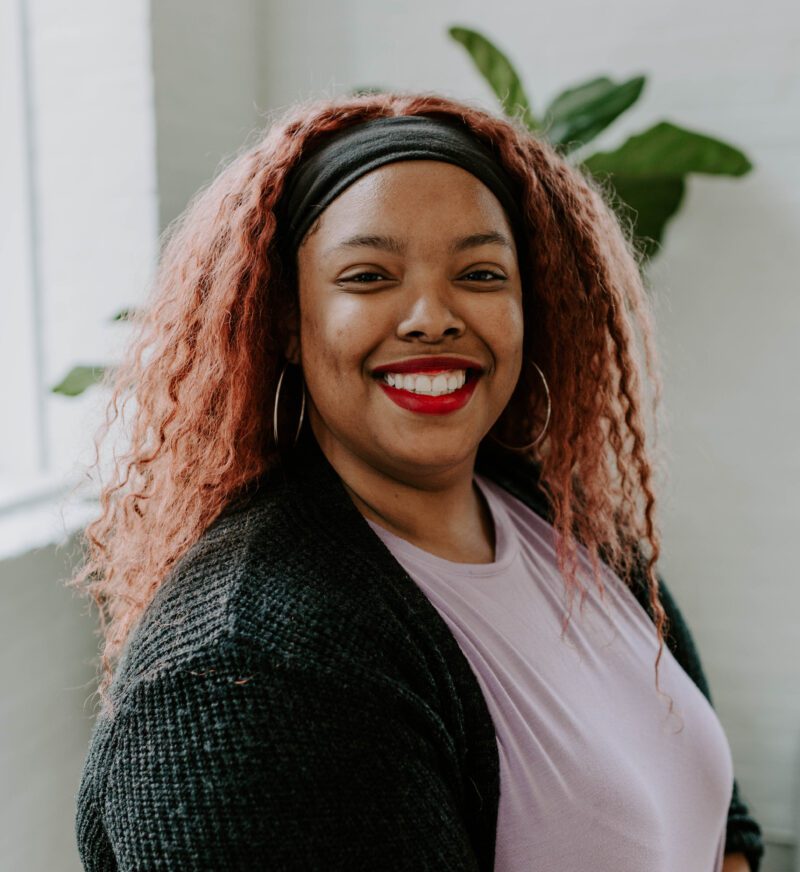May 12, 2022
Becoming More Mindful About Your Mental Health
Over the past two years, there has been more talk around mental health. We hear it time and time again to care about your mental health. Nevertheless, how often are we being purposeful about this? Usually, we support our mental health without thinking about it. How often have we felt sad or angry, then engaged in activities such as watching a favorite movie, talking to a friend, or taking a nap? All of us have the foundation of managing our mental health, but are we actually going a step further and being more consciously aware of it?
What does it mean to be mindful?
Mindfulness is a word we frequently hear in counseling. Most of the time, people think of meditation to work on mindfulness. Though these two words typically go together, mindfulness does not always correlate to mediation. When we are being mindful, we are being intentional about our actions – slowing down to gain additional insight into what is happening at the moment.
Take for example a less demanding task like chewing gum, and incorporate mindfulness. One could examine the gum before putting it in your mouth. You may observe the texture and flavor, then begin to chew and consider how the gum becomes soft and stretches afterward, and you would concentrate on your chewing. It may be a tedious task, but this notes how mindfulness can be integrated into your life by being present for a few minutes. Note this is not saying it is effortless to include mindfulness when there are different responsibilities and distractions in our lives—it is suggesting how we can be more mindful when completing everyday tasks like the example given.
Check-in with yourself
One method of becoming more mindful regarding your mental health is to check in with yourself regularly, if not daily. We all have different schedules, but they may generally consist of work, familial obligations, appointments, meetings, etc. Thinking about your day, did you check in with yourself today? How many times did you do so? Emotions can vary throughout the day depending on your experiences—good or bad. The practice of checking in can help you become more self-aware about yourself, reduce any stress or anxiety, and allow you to be gentler or kinder to yourself.
Try setting time aside every day to ask some of the following questions. You may want to pick or create a space that allows you to give your undivided attention to yourself and your answers. If it helps, you can write down your responses in a journal or, if you prefer, use audio/video recordings to put your thoughts and feelings into focus as well.
- How am I feeling?
- What do I need at this moment?
- What is taking up the most space in my head right now?
- How do I feel about myself right now?
- What/who am I thankful for?
- What went well today?
- What can be improved?
- Who is a part of my support system? How can I benefit from someone now?
- What is not working for me?
- What can I let go of?
Scheduling Self-Care
Planning your self-care is a good idea to put into practice because it can give you something to look forward to after your priorities. Imagine coming home from work, school, or completing a to-do list, but putting forth the intention to do something that brings you joy. Self-care requires you to be deliberate in caring for your mental and overall health. As stated previously, everyone’s schedule is unique, so you may want to spend a selected amount of time dedicated to self-care. This time can be anywhere between 5 minutes to an hour, depending on the self-care type or how much time you see fit. Linked here is a self-care wheel that provides a variety of areas within the scope of self-care, including physical, spiritual, and emotional, to name a few. You may find you spend a lot of time in one area compared to another, which may introduce you to an area you have not tried engaging in self-care before.
Being mindful about your mental health is no easy task, considering how our lives can become busy with our obligations, but making the time to do so is vital to our well-being.If you need more support, do not hesitate to contact us here at Optimum Joy and schedule a session today!
We can help you get started
Other Articles by Bria
Written By
Bria Mccalpin

Related Articles
-
Unlocking Effective Communication – Part 1
In life, we often shy away from the most important conversations due to fear. We worry...
Read More -
Coming Out: Not An Event But A Process
The term “coming out” is a common phrase used in the LGTBQIA+ community in sharing their...
Read More -
Binary Thinking vs Values
From picking out what to wear each morning, to managing projects at work, our days are...
Read More